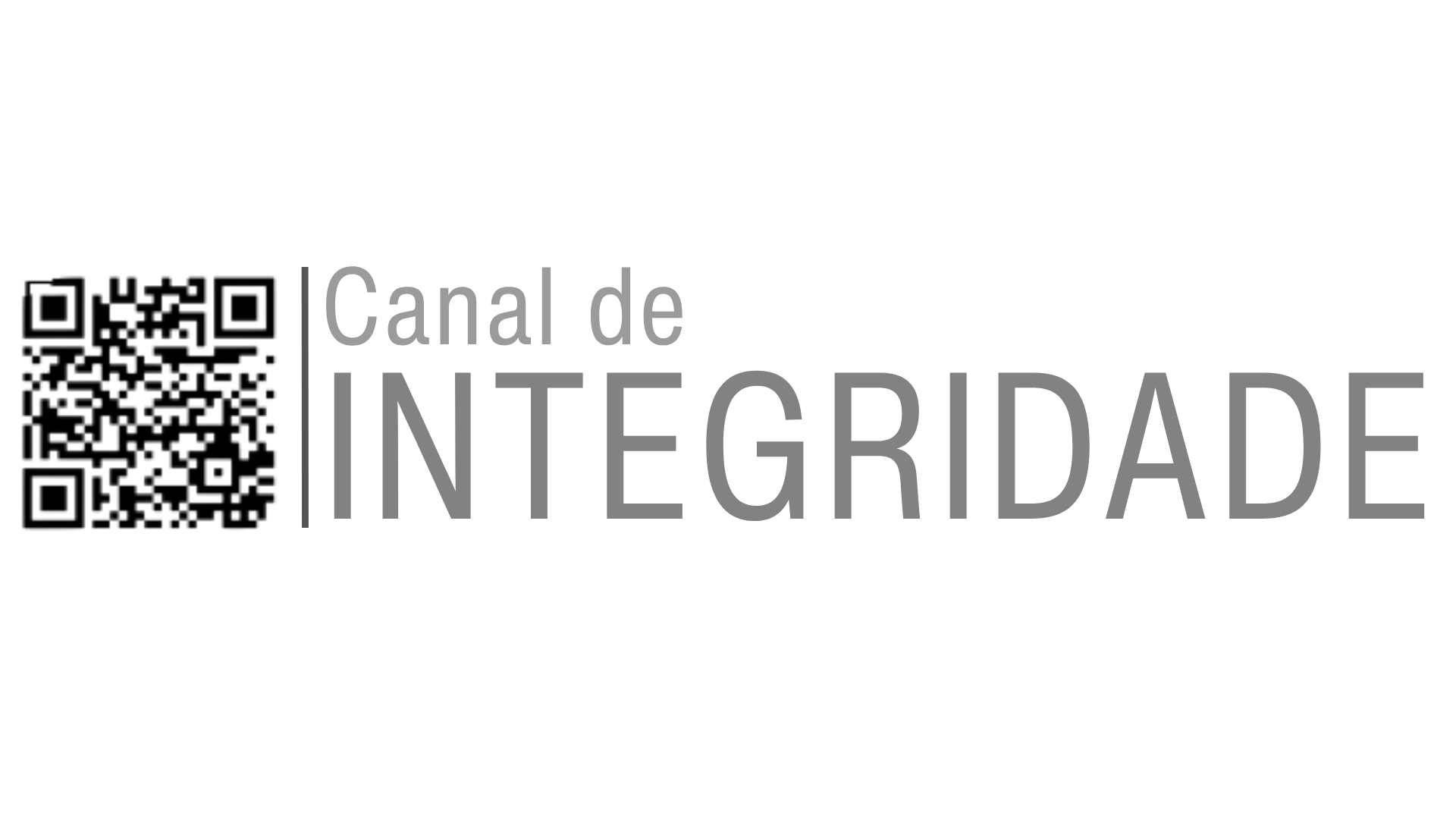Anti-Corruption Law at 10 Years Demands Greater Effectiveness
In August, we celebrated the 10th anniversary of Law 12.846/2013, known as the Corporate Anti-Corruption Law. This law represents a significant advancement in the legal framework to ensure greater effectiveness in addressing and responding to illicit practices in the relationship between the public and private sectors.
In its 10 years since enactment, considering it became effective only on January 28, 2014, the Anti-Corruption Law has produced notable results in the administrative and civil accountability of legal entities for harmful acts committed against the Administration. It has seen prominent application at the federal level, modest observance at the state level, and almost negligible use at the municipal level.
The merit of Law 12.846/13 lies in its direct accountability of legal entities in their illicit dealings with the public sector. Before its enactment, except for illicit acts in bidding and contracts with the Public Administration or acts defined as administrative improbity with severe sanctions, legal entities were often immune to the consequences of their deviant practices or faced minimal and disproportionate consequences relative to the benefits gained.
The law incorporates sanctioning measures from other laws and tools for prevention, investigation, accountability, and resolution of illicit practices by companies. These measures include the Leniency Agreement (Law 12.529/11 – CADE Law) and Internal Control and Integrity Policies (Law 9.613/98 – Anti-Money Laundering Law with amendments from Law 12.683/12). Law 12.846/13 has adapted these tools to its specific objectives.
One of the novelties of Law 12.846 is the civil sanction of "compulsory dissolution of the legal entity," imposed exclusively by the courts as stipulated in Article 19 III. This extreme measure finds no parallel in current Brazilian law, with a distant resemblance to the provision in Article 21 III of the repealed 1916 Civil Code, which addressed the termination of a legal entity for acts contrary to its purpose or harmful to public welfare. It also vaguely resembles the extrajudicial liquidation of financial institutions for severe legal and statutory violations under Article 15 I "b" of Law 6024/74, although both instances occur extrajudicially.
Among other virtues, perhaps the most notable is the new paradigm of awareness introduced by Law 12.846/13. It encourages Brazilian entrepreneurs, both domestic and multinational, to uphold integrity and honesty in their business dealings with the state.
The law underscores the need for businesses to adopt effective risk management and integrity standards. Ten years on, companies have made efforts to implement control mechanisms, though many measures have fallen short of their intended goals. These efforts often lack the minimal efficiency needed to claim that a company is genuinely covered by a system of prevention and avoidance of irregular practices.
Improper or inadequate implementation of robust control systems for preventing irregularities in civil and administrative accountability has led to the realization that many company efforts amount to superficial integrity mechanisms, lacking structural and operational elements to be deemed effective, as intended by the legislator.
A common cause of this inefficiency is the lack of interaction between companies and qualified professionals who can offer alternatives and solutions for a corporate integrity environment.

Alexandre
Vidigal de Oliveira
alexandre.vidigal@cbs.adv.br
Alexandre has qualified and extensive experience in public-private relations, with great capacity in analysis and decision-making in highly complex situations, in coping with crises and in resolving conflicts. Federal Judge in Brasília, RS, PR and MT, he was a twice-appointed Federal Judge, Director of the Federal District and MT, Judge of the TRE/MT, the Coordinating Judge of the Judicial Conciliation Center - CEJUC and a member of the Intelligence Center to define strategies for solving lawsuits, both from the Federal Court of Justice in the Federal District (1991 - 2019). National Secretary of Geology, Mining and Mineral Transformation of the Ministry of Mines and Energy (2019 - 2021), Chairman of the Board of Directors of the Geological Survey of Brazil/SGB-CPRM and Chairman of the Fiscal Council of the Petroleum Pre-Salt (2019 - July 2021). He was a law professor in undergraduate, graduate and initial training courses for Federal Judges and Public Prosecutors and has been giving lectures and participating in debates and interviews on Public Law topics for over 20 years. He was a member of the tender board for the judiciary, the Public Prosecutor's Office, the Public Attorney's Office, and the Brazilian Bar Association. Director of Institutional Relations (2012 - 2014) and Director of Legal Affairs (2016 - 2017) of the Association of Federal Judges of Brazil - AJUFE.
Doctor of Laws from the Carlos III University of Madrid, with a degree validated by the University of Brasília - UnB. Master in Law from the Universidad Carlos III, Madrid. Bachelor and Postgraduate Degree in Law from UniCeub.
Portuguese and Spanish




